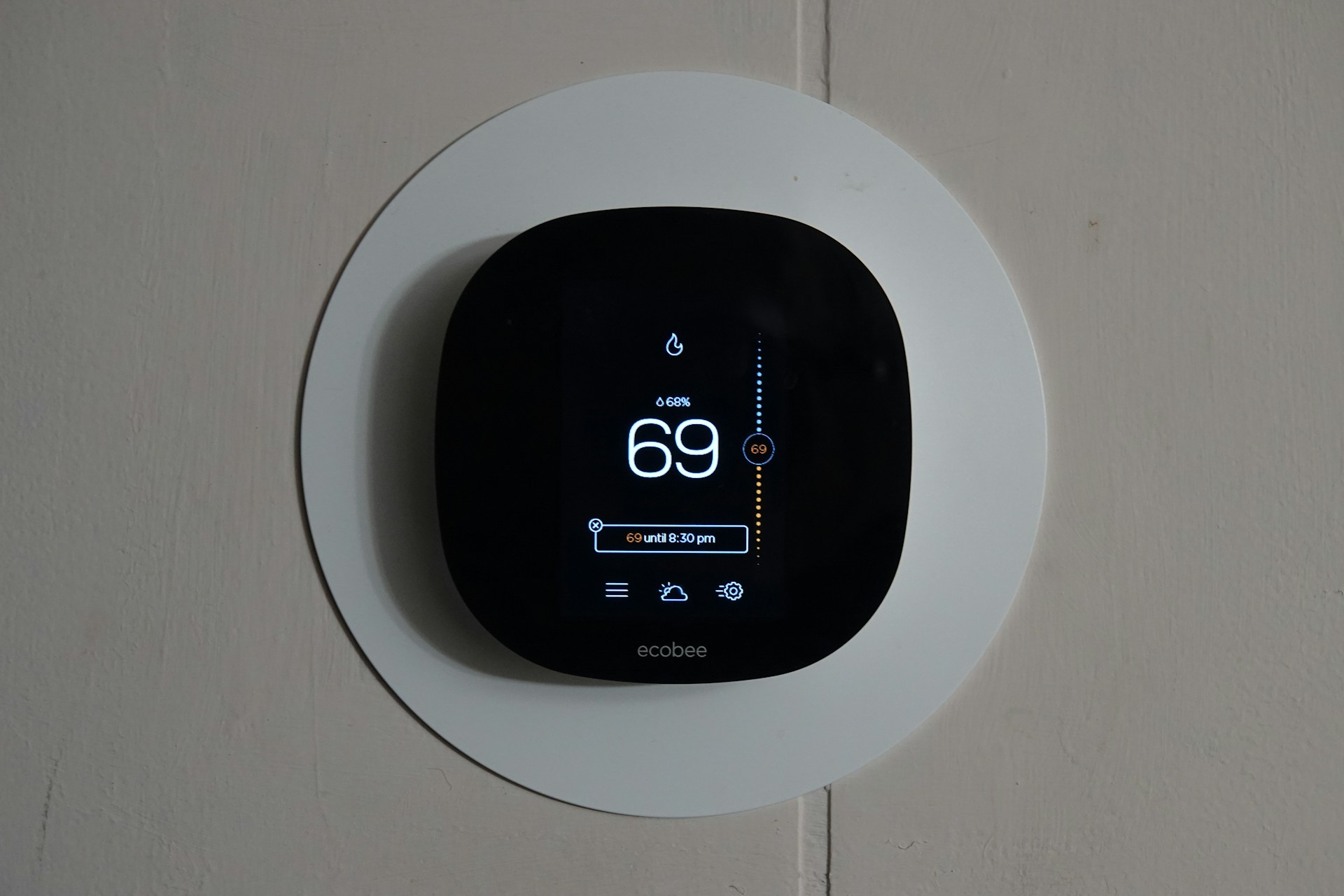Talk about creepy government overreach hiding behind a “voluntary program.”
A newly proposed bill in Ohio, House Bill 427, would let utility companies remotely adjust customers’ thermostats and other appliances during peak energy demand. Even worse, the sponsor of the bill is not a liberal climate crusader, but a Republican, Rep. Roy Klopfenstein of Haviland.
The legislation, filed late last month, sets up what’s called a “voluntary demand response program.” In plain English, that means customers could agree to let their electric company reach into their homes and temporarily raise the thermostat, cycle water heaters, or make other adjustments when the grid is under strain. Supporters claim customers would be compensated either per event or annually, and they could override any changes. The Public Utilities Commission of Ohio would be tasked with reviewing the program’s cost-effectiveness.
Klopfenstein is pitching the idea as a forward-looking reform. “This legislation is a crucial step in our state’s comprehensive plan to ensure all Ohioans have access to reliable, affordable, and readily available energy,” he said. He added that big businesses already use demand response programs, so residential and small business customers should too.
But Ohioans are not blind to what’s happening in other states. In Colorado, thousands of customers with Xcel Energy discovered last summer that they were locked out of their smart thermostats during a so-called “energy emergency.” Even though many had previously been able to override similar alerts, this time they couldn’t change the settings. Families sat sweltering in the upper 70s and low 80s, even as the outside temperature pushed into the 90s.
Texas has experienced the same thing, with utilities remotely adjusting thermostats during heat waves in the name of grid stability. These “voluntary” programs always start with incentives and assurances, but the moment there is a crisis, the override button seems to vanish.
Ohioans are right to be wary. Once utility companies get access to personal devices like thermostats, the line between voluntary and mandatory blurs very quickly. What starts as a supposed cost-saving measure can morph into forced compliance, especially if environmental activists or bureaucrats push for tighter control.
The reality is simple: no utility company should have the power to decide how warm or cool your house is. That is not “modernization,” it’s an invasion of privacy dressed up as energy policy. Ohio lawmakers need to think long and hard before handing over that kind of control.


Leave a Comment